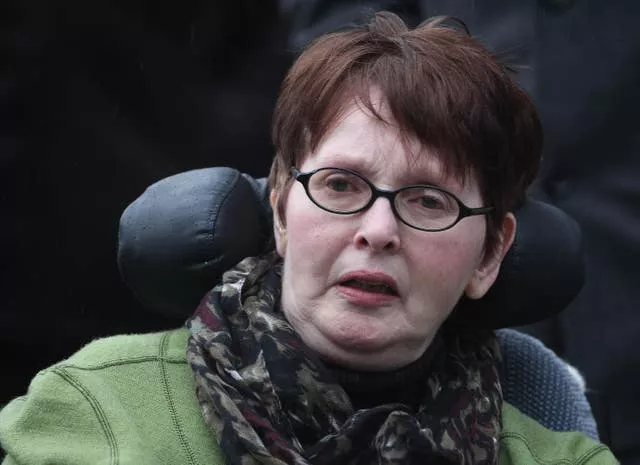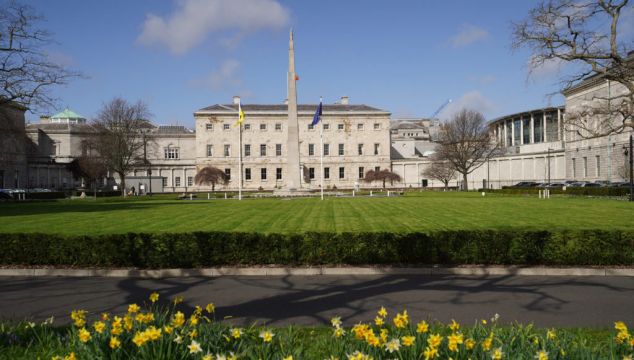Any move to legislate for assisted dying would require protections and safeguards against inducement, incitement and pressure, the first public hearing of the joint committee on the matter has been told.
The committee was formed to consider and make recommendations for legislative and policy change relating to statutory rights to assist a person to end their life and to receive such assistance.
While the Criminal Law (Suicide) Act of 1993 decriminalised suicide itself, the offence of assisting suicide was retained and put on a statutory footing.
It is currently an offence for a person to aid, abet, counsel or procure the suicide or an attempted suicide of another person.
The offence has a maximum penalty of 14 years imprisonment on conviction on indictment.
The severe penalty was to cover situations where a person deliberately procured the suicide of another for their own motives.
Rachel Woods, the Department of Justice’s assistant secretary with responsibility for criminal justice said “fundamental rights lie at the heart of this difficult issue”.
She said the department recognises the matter is complex and gives rise to medical, ethical and moral issues as well as criminal justice and constitutional matters that need to be considered.
Article 40.3.2 of the Constitution guarantees that the State safeguards every citizen’s right to life while Article 40.1 guarantees that all citizens shall be held equal before the law.
The courts have held that these paragraphs commit the State to value equally the lives of all citizens, while the European Convention on Human Rights provides that everyone’s right to life be protected by law.
“The obligation to safeguard the right to life is why in the absence of any legal framework to provide for assisted dying, the State has and must have laws to protect life.”

The Act was challenged in a 2013 Supreme Court case by assisted dying campaigner Marie Fleming, who suffered from multiple sclerosis.
However, the Supreme Court upheld the constitutionality of the Act.
“The basis for the decision was that there’s no constitutional right to commit suicide, or to arrange for the ending of one’s life at a time of one’s choosing.
“The courts further found that it is not possible to identify a constitutional right for a limited class of persons, in this case, persons suffering severe pain arising from a terminal and degenerative illness, who have the capacity to consent and wish to have the assistance of a third party to end their lives.
Safeguards
“It held the prohibition on assisted suicide was neither discriminatory nor contrary to the European Convention on Human Rights.
“However, the court clarified that its judgment did not prevent this from legislating for assisted suicide assuming appropriate safeguards could be introduced.”
Sinead Gibney, chief commissioner of the Irish Human Rights and Equality Commission, raised concerns about possible unintended policy consequences if there was a lack of “sufficient safeguards” to protect vulnerable groups.
“If we are to consider assisted dying to be an extension of patient-centred care and a humane response to suffering, we must ensure that these groups are robustly protected from pressure or coercion.”
She said this should include the positive obligation to protect the right to life, the need for free and informed consent and protection from duress, the right to health and palliative care, as well as the right to participation in decision making.
“Specifically, I will make the point that human dignity must be respected at all stages of each individual’s life, including terminal illness and death.”
Ms Gibney said disability should be excluded as a grounds for eligibility.







